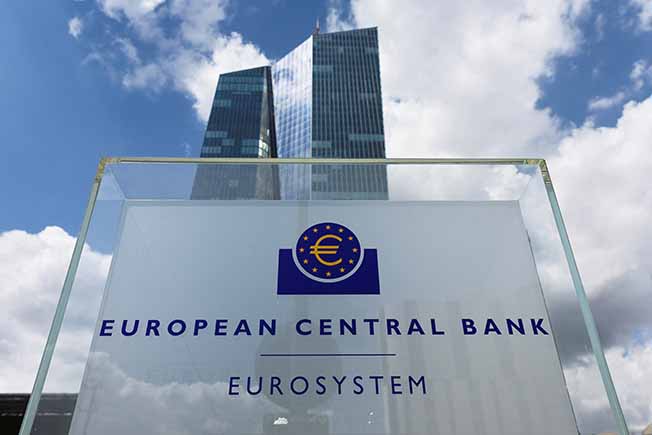Eurozone economic growth will remain weak in the near term as services and the labour market weaken but nations in the bloc should not free discretionary bank buffers to ease the pain, European Central Bank Vice President Luis de Guindos said.
Some of the eurozone’s biggest countries have implemented a so-called counter-cyclical buffer, which forces lenders to set aside more capital during better times, which could then be released when the economic cycle turns.
“Macroprudential authorities should preserve releasable capital buffers to ensure that they are available in the event that conditions in the banking sector deteriorate,” de Guindos said in a speech on Monday.
Germany and France both implemented such buffers this year and France plans to increase it from the start of next year while the Netherlands announced plans to double the buffer next May.
A potential concern is that the eurozone economy has been broadly stagnating all year and any recovery next year will be shallow, keeping growth below 1 per cent.
“Weaker industrial activity is spilling over to services,” de Guindos said. “It is likely that the euro area economy will remain subdued in the near term.”
Even the labour market, the bright spot in the bloc’s economy, has started to show signs of weakening, de Guindos added.
The economic pain comes as the ECB lifted interest rates to a record high via 10 straight increases, hoping to slow consumer demand and push inflation back to its 2 per cent target.
While inflation is now below 3 per cent, de Guindos said it is likely to bounce higher again in the coming months, even if the general disinflationary trend would still continue over the medium term.
On the prospects for interest rates, de Guindos said the ECB would have more information in December “to reassess the inflation outlook and required policy action”.
He also repeated the bank’s standard guidance that interest rates held at their current level “for a sufficiently long duration,” will play a “substantial” role in cutting inflation.







Click here to change your cookie preferences